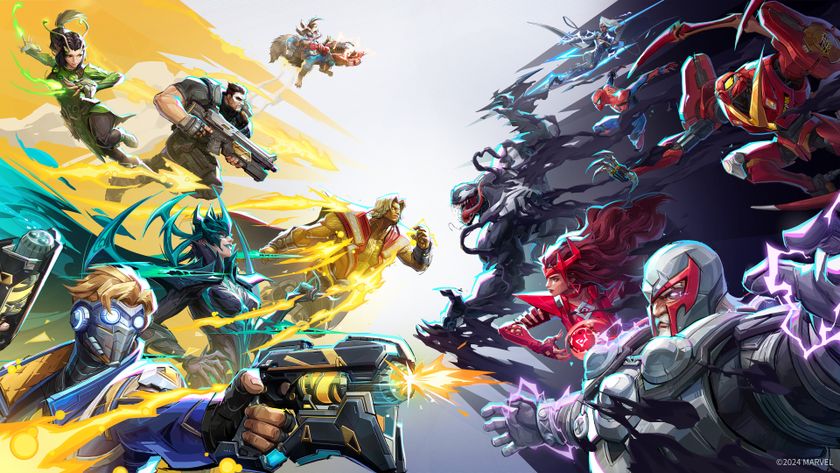5 True crime documentaries that put the victims first
A list of heartfelt docs that you should watch right now
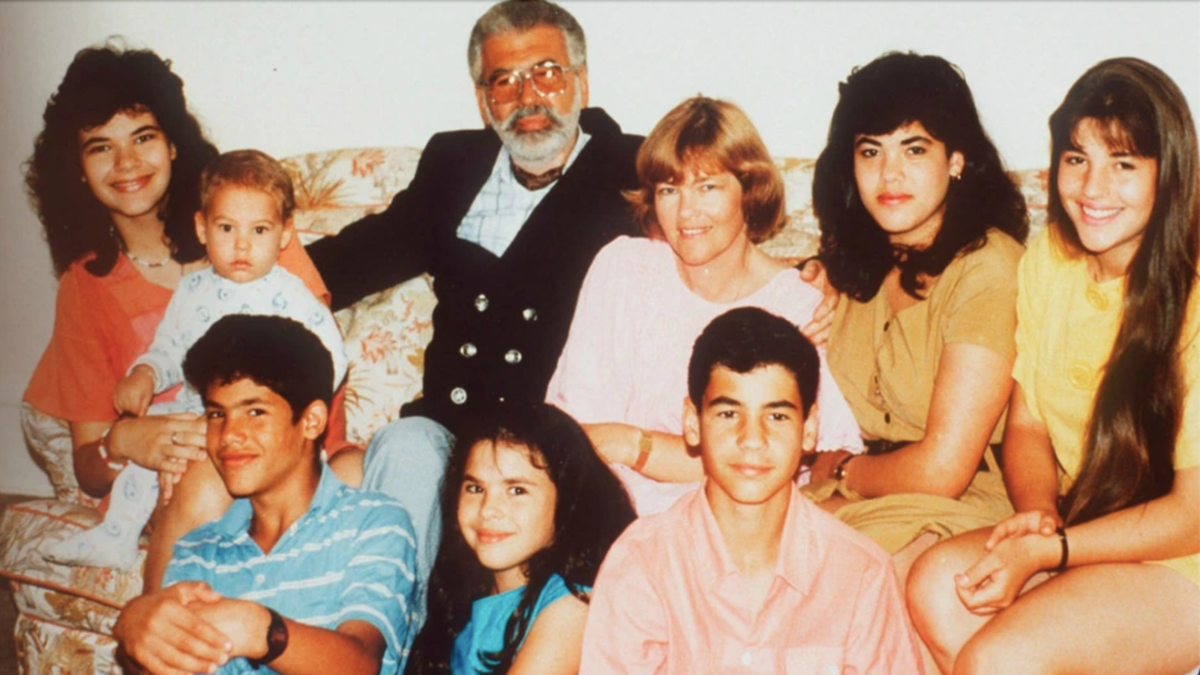
True crime is ‘sexy.’ It’s sensationalized. It’s a montage of black-and-white crime scene photos of a mutilated debutant, archival footage of a serial killer making a shocking confession behind bars, or exclusive interviews with upset parents who don’t understand how their son or daughter could have grown up to commit such heinous acts. It seeks to answer the why and how behind an unspeakably gruesome crime, focusing on the perpetrator’s troubled childhood or providing a timeline of all the possible events that led up to their breaking point. True crime takes our fear of the unknown, of what we don’t understand, and exploits it for all its worth – and we love it.
But because of true crime’s fascination with serial killers and crime scenes, it often leaves out the most important part: the victim. Some documentaries lean heavily on the killer, conducting countless interviews with friends and family in an attempt to answer the too-late questions, “Did you see it coming? Could this have been prevented?” This forces the victim to take a backseat to their own crime, and for their life to become largely forgotten by the end of the series or film. The following is a list of true crime documentaries that do just the opposite.
Paradise Lost: The Child Murders at Robin Hood Hills (1996)
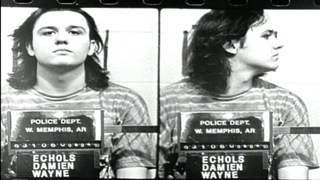
The story: When Joe Berlinger and Bruce Sinofsky took their film crew down to West Memphis, Arkansas in 1995, they intended to make a cut-and-dry documentary about three guilty teenagers at the center of a high-profile murder case. What they found, however, were three wrongful convictions – and a shaken community desperate for closure.
What makes this doc different: Berlinger and Sinofsky treat the audience like a jury and do their best to present the facts of the case as objectively as possible – so that the viewer is able to make up their own mind. It’s because of this method that a brand new light was shone on the case, with an overwhelming majority of viewers (including one who would later become Damien Echols’ wife) believing that Echols, 18, Jessie Misskelley Jr., 17, and Jason Baldwin, 16, (referred to by the media as the ‘West Memphis Three’), were not only wrongfully convicted in the triple homicide of three eight-year-old boys – but that the conviction was based on an entirely coerced confession. Though the film focuses largely on the wrongly convicted, the young victims of the initial crime are not forgotten – and an emphasis is placed on finding the real culprit, the only thing that can bring closure to the three families who still to this day are left without answers.
Where to Stream: HBO Max, Hulu, Amazon Prime Video, Sky NOW
At the Heart of Gold: Inside the USA Gymnastics Scandal (2019)
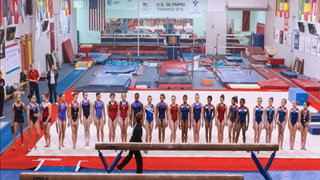
The story: Over the span of 18 years, Dr. Larry Nassar sexually abused hundreds of female athletes while working as a physician for the U.S. women’s national gymnastics teams and Michigan State University. Director Erin Lee Carr highlights the strength and bravery of Nassar’s victims – and exposes the institutions that enabled abuse by prioritizing money and gold medals over the safety of its athletes.
What makes this doc different: Rather than explore the deep dark history of Larry Nassar and offer some kind of explanation for his crimes, the documentary focuses on giving each victim a platform to share their harrowing story. In each interview, the survivors of Nassar’s abuse tear down archaic and dismissive questions about what they were wearing or why they didn’t report and discuss all the ways in which they were failed by the people who were supposed to protect them. They were at training camp, in a doctor’s office for a routine check-up, and surrounded by people they trusted – the latter of whom turned a blind eye when learning of the trusted physician’s crimes.
Sign up for the Total Film Newsletter
Bringing all the latest movie news, features, and reviews to your inbox
Where to Stream: Hulu, HBO Max, Sky NOW
Children of God: Lost and Found (2007)
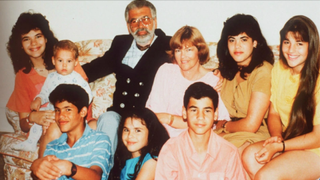
The story: After being born and raised in a cult known for child sexual abuse, Noah Thomson managed to escape the ‘Children of God’ in search of a better life. As an adult, Thomson still finds himself unable to shake the daily abuse and neglect he endured in his childhood and, knowing he isn’t alone, decides to seek out other former members who have struggled to make a life for themselves after leaving the cult behind.
What makes this doc different: Children of God: Lost and Found is one of the most honest and devastating depictions of cult survivors that has ever been shown on tape – so much so that members of the ‘church’ traveled across the country to boycott the film’s release. The documentary contains multiple interviews with individuals who, despite having made it to freedom, still struggle with the love and respect they have for the family members who abused them – something Thomson still struggles with himself. To further illustrate the horrific impact of the cult, Thomson includes heartbreaking footage of Ricky Rodriguez, son of leaders David Berg and Karen Zerby, who documented his own failed mission to get revenge on the women who raised him.
Where to Stream: Apple TV, Prime Video
Dear Zachary: A Letter to a Son About His Father (2008)
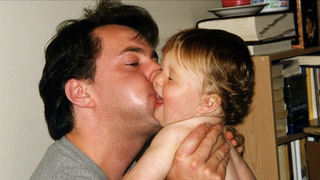
The story: In 2001, a young physician named Andrew Bagby was subsequently murdered after being stalked and harassed by ex-girlfriend Shirley Jane Turner. At the time of her arrest, Turner revealed she was pregnant with Bagby’s child, a boy she named Zachary. Struck by the loss of his close friend, filmmaker Kurt Kuenne decided to memorialize Bagby’s life in a documentary dedicated to the son who never knew him.
What makes this doc different: Kuenne first began collecting archival footage and interviews with family and friends before Turner announced her pregnancy. The documentary then became a scrapbook of sorts, one that would give grown-up Zachary a chance to know his father. We meet Andrew Bagby, not as the victim of a tragic murder, but as a fun-loving goofball who would’ve been anyone’s first choice for best man. Kuenne himself chokes up during his narration, and doesn’t edit this out in favor of something more polished or perfect. It doesn’t spend time wondering why, or speculating what could’ve been done to prevent the tragedy: it accepts the loss as is, and chooses to celebrate life instead.
Where to Stream: Amazon Prime, Tubi, The Roku Channel
For Heaven’s Sake (2021)
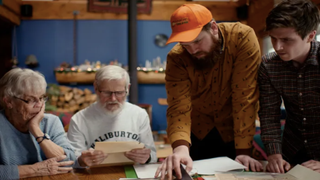
The story: One cold night in 1934, Harold Heaven put on his best suit, picked up his rifle, and walked out the front door of his cabin in Minden, Ontario, never to be seen again. After 80 years of campfire stories and speculation, comedian-filmmakers Mike Mildon (Harold’s great-great-nephew) and Jackson Rowe decide it’s time to open their own investigation into what happened on that fateful night.
What makes this doc different: Though Mildon and Rowe knew they had a compelling mystery on their hands, one they could’ve easily sold as an unsolved murder or packaged into a Tiger King-style expose, the docuseries was made by the family, for the family. Each episode features interviews with members of the Heaven family (many of whom still live in or spend their summers in the town where Harold disappeared), during which everyone from Mike’s 82-year-old grandma to his 10-year-old cousin excitedly shares their own theories about Harold’s disappearance. It’s a love letter to the Heaven family, and to the memory of Harold, who is still very much alive in the hearts of his loved ones – no matter how many decades have passed by.
Where to Stream: Paramount Plus, CBC Gem
For more, check out our guide to the best true-crime podcasts.

Lauren Milici is a Senior Entertainment Writer for 12DOVE currently based in the Midwest. She previously reported on breaking news for The Independent's Indy100 and created TV and film listicles for Ranker. Her work has been published in Fandom, Nerdist, Paste Magazine, Vulture, PopSugar, Fangoria, and more.
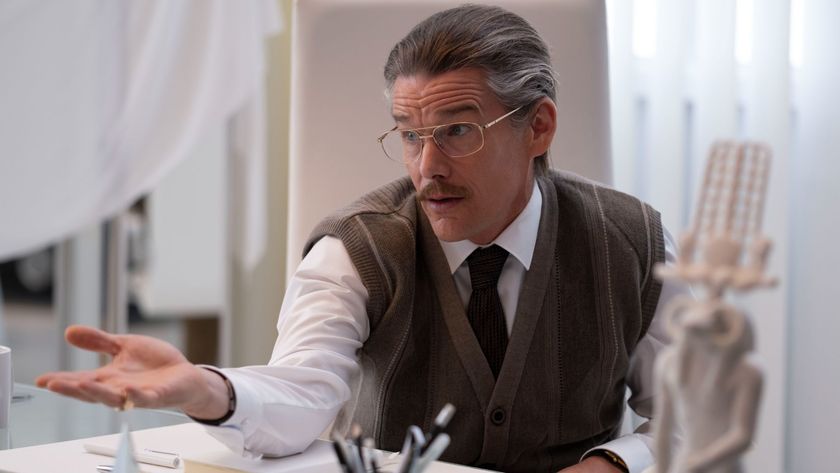
Ethan Hawke responds to daughter Maya's claims about producers casting actors based on their number of social media followers: "This is crazy"
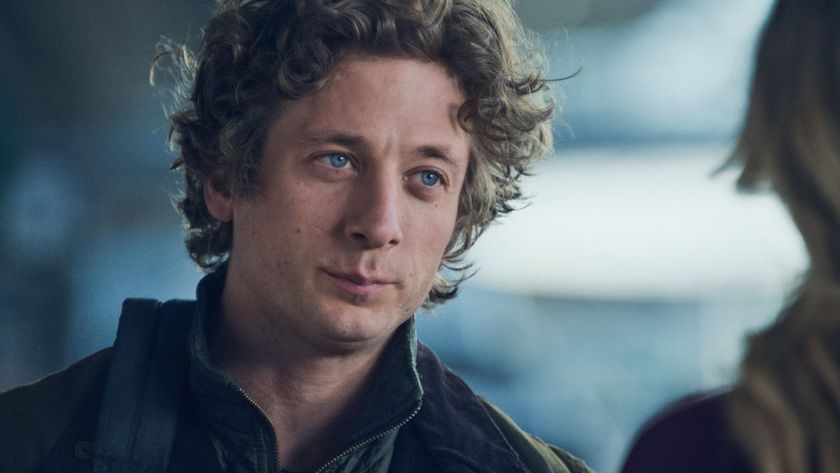
As Daniel Craig drops out of DC's Sgt. Rock movie, The Bear's Jeremy Allen White is reportedly stepping in – and fans think it's an upgrade
Most Popular









